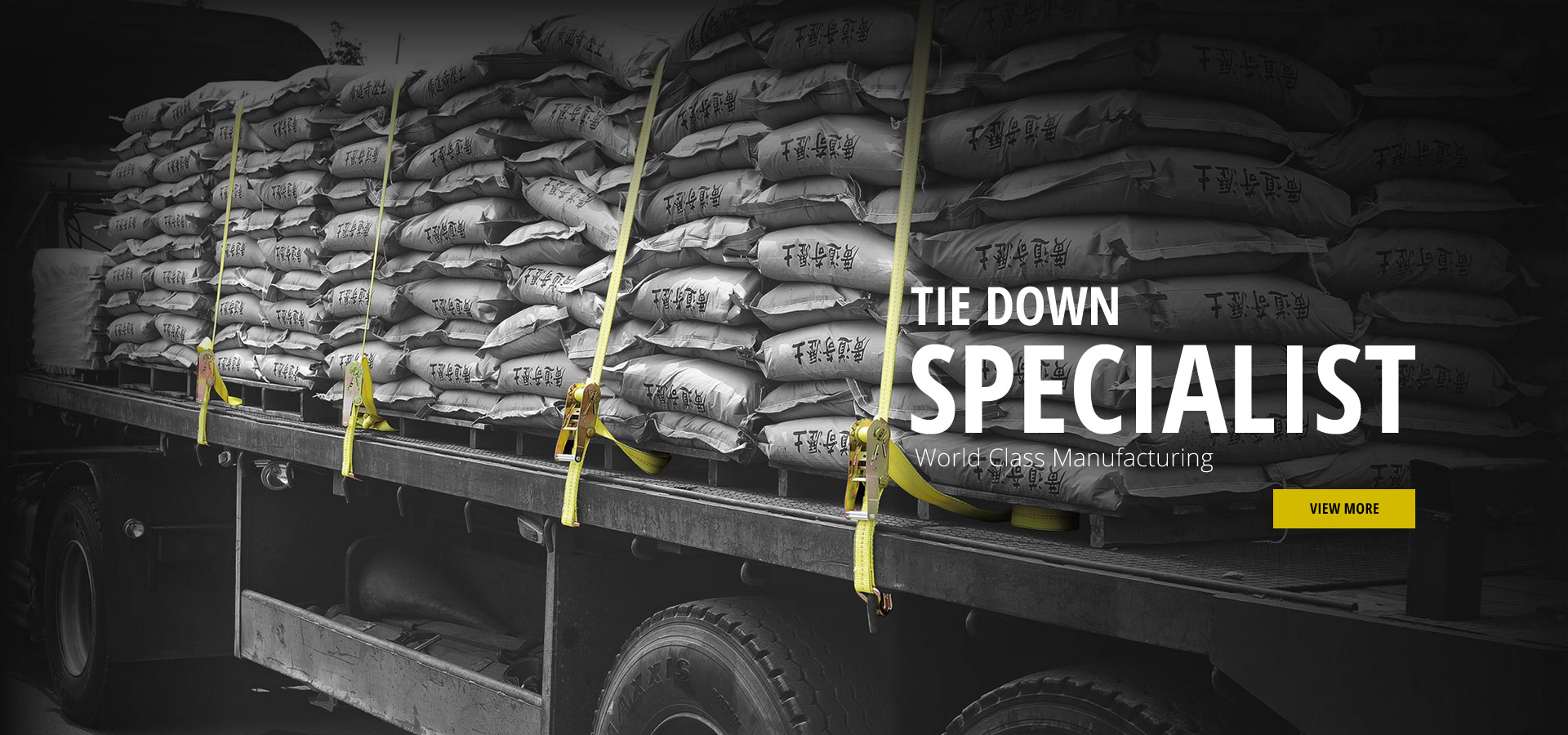structural steel bolts
Understanding Structural Steel Bolts Essential Components in Construction
Structural steel bolts play a critical role in the construction and engineering industries, serving as vital components that hold together various structural elements. These bolts are designed to provide strength, stability, and safety in buildings, bridges, and other structures. In this article, we will explore the different types of structural steel bolts, their applications, and their importance in construction projects.
What Are Structural Steel Bolts?
Structural steel bolts are high-strength fasteners used to connect steel components in a structure. They are typically made from carbon or alloy steel and can be coated or galvanized to prevent corrosion. The manufacturing process involves careful heat treatment to enhance strength and ductility, allowing them to withstand significant loads and stresses.
There are various types of bolts used in structural applications, including hex head bolts, square head bolts, and tension control bolts. Each type serves specific purposes and is chosen based on the structural requirements of a project.
Types of Structural Steel Bolts
1. Hex Head Bolts These are the most commonly used bolts in construction. They have a hexagonal head that allows for easy tightening with a wrench. Hex head bolts can be used for various applications, from fastening steel beams to securing columns.
2. Tension Control Bolts Specifically designed for high-strength applications, tension control bolts come with a unique system that allows the user to achieve the correct tension without the need for a torque wrench. This ensures reliable connections in critical structural elements.
3. Lag bolts Used primarily in wood-to-steel connections, lag bolts provide strong anchorage. They are often found in projects where steel framing meets wooden structures, such as in buildings with mixed materials.
4. Anchor Bolts These are embedded in concrete to secure steel structures. They are essential for ensuring stability, particularly in tall buildings and bridges, where wind and seismic activity can exert significant forces.
Applications of Structural Steel Bolts
structural steel bolts

Structural steel bolts are utilized in numerous applications, including
- Buildings In the construction of skyscrapers and commercial structures, bolts are used to connect beams, columns, and frames, providing the necessary strength to support weight and resist lateral forces.
- Bridges Bolts play a critical role in bridge construction, securing deck panels, trusses, and other components. Ensuring the integrity of these connections is vital for the safety of the infrastructure.
- Industrial Facilities Manufacturing plants and warehouses rely heavily on structural steel bolts to create robust frameworks that can support heavy machinery and storage systems.
- Rail and Road Infrastructure Bolts are used extensively in the rail and road sectors, securing tracks, signage, and barriers, thereby ensuring the safety of transportation systems.
Importance of Quality and Standards
The performance of structural steel bolts significantly affects the overall structural integrity of a project. As such, adhering to quality standards and specifications is crucial. Organizations like the American National Standards Institute (ANSI) and ASTM International provide guidelines for manufacturing and testing steel bolts to ensure safety and performance.
Using substandard materials or poorly manufactured bolts can lead to catastrophic failures. Therefore, engineers and architects must specify the correct type of bolt, material grade, and coating based on the project requirements.
Conclusion
In summary, structural steel bolts are indispensable components that ensure the safety and functionality of various construction projects. Understanding their types, applications, and importance can greatly enhance the quality and resilience of structures. As the construction industry advances, ongoing innovations in bolt manufacturing and application will continue to play a vital role in delivering safe and durable buildings and infrastructure. Whether fastening beams in a skyscraper or securing trusses in a bridge, structural steel bolts remain fundamental to modern construction practices.
-
Weatherproof Plastic Expansion Anchors for OutdoorNewsJun.06,2025
-
Sustainability in the Supply Chain: Eco-Friendly TEK Screws ProductionNewsJun.06,2025
-
Load-Bearing Capacity of External Insulation FixingsNewsJun.06,2025
-
Double Head Bolts: Enhancing Efficiency in Industrial MachineryNewsJun.06,2025
-
Corrosion Resistance in Chipboard Screws: Coatings for Wholesale DurabilityNewsJun.06,2025
-
Butterfly Toggle Bolts : Enhancing Structural ResilienceNewsJun.06,2025
